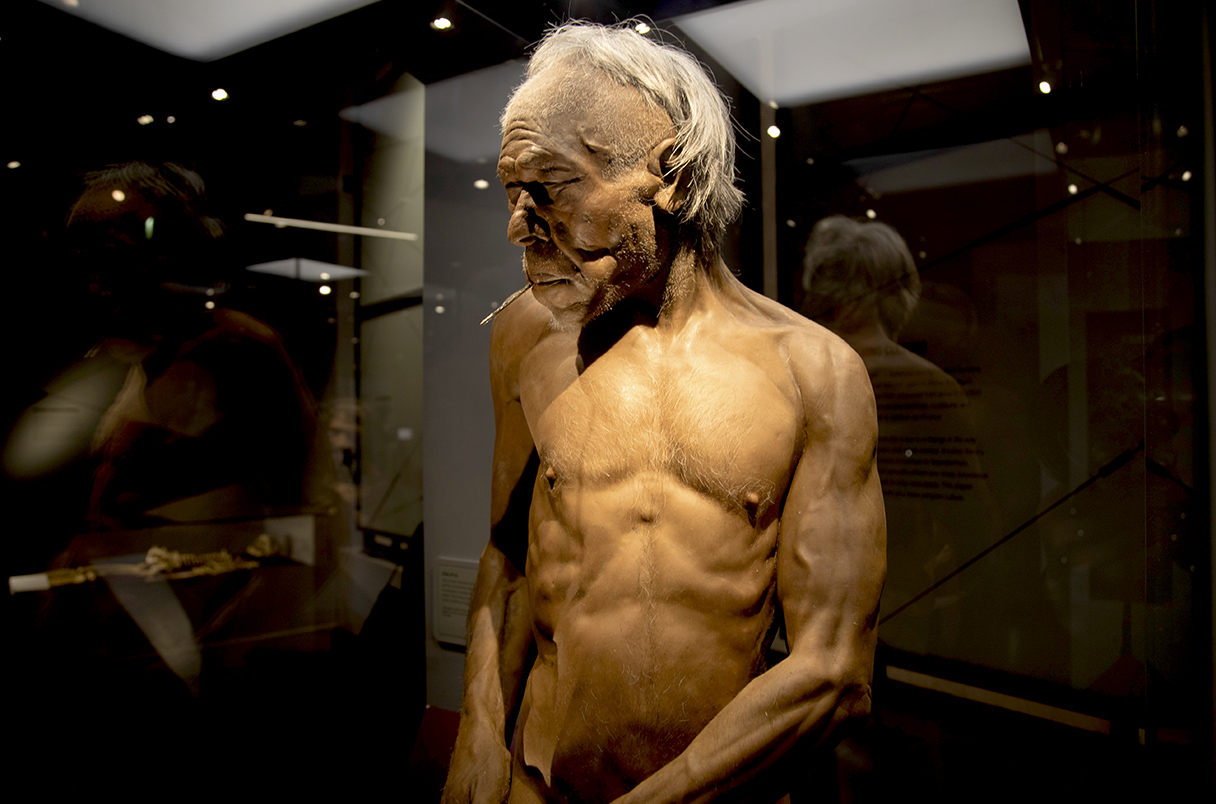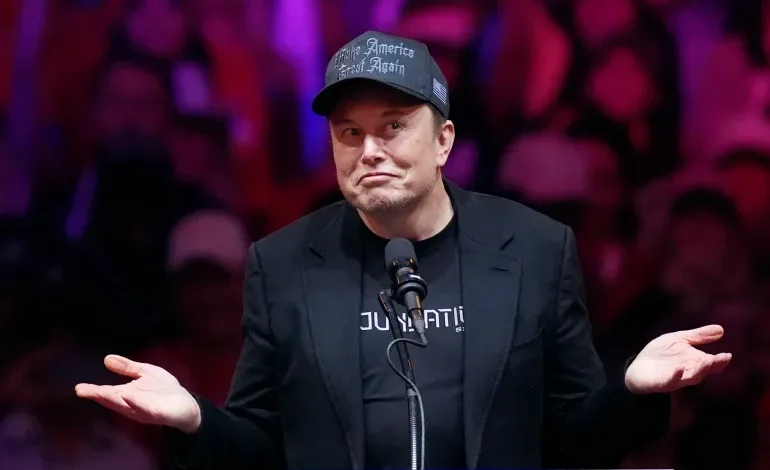A Delaware judge has dealt a significant blow to Tesla and its CEO Elon Musk, rejecting a shareholder vote to reinstate Musk’s multibillion-dollar compensation package, Al Jazeera reports.
Chancellor Kathaleen St. Jude McCormick of the Delaware Court of Chancery upheld her earlier ruling to void the deal, citing the Tesla board’s close ties to Musk and its failure to adequately protect shareholder interests.
In a 103-page opinion issued Monday, McCormick dismissed arguments that the shareholder vote should overturn her previous decision. She emphasized that allowing such a reversal would create a dangerous precedent, stating that it would make lawsuits “interminable” if courts allowed “defeated parties to create new facts for the purpose of revising judgments.” She criticized the legal arguments presented by Tesla’s defense team as “unprecedented theories” that contradicted established law.
McCormick further found that Tesla had made “material misstatements” to shareholders regarding the impact of their vote to reinstate the compensation package. The ruling sent Tesla shares down 1.4 percent in after-hours trading.
The judge also rejected a $5 billion fee request from the lawyers representing plaintiff Richard Tornetta, a Tesla shareholder who initiated the original lawsuit challenging the board’s independence from Musk. Instead, she awarded the lawyers $345 million.
Tesla strongly condemned the decision, calling it “wrong” and vowing to appeal. In a statement posted on X (formerly Twitter), the company asserted that the ruling effectively allows “judges and plaintiffs’ lawyers [to] run Delaware companies rather than their rightful owners – the shareholders.”
Musk echoed this sentiment on X, arguing that “shareholders should control company votes, not judges,” and labeling McCormick an “activist posing as a judge.”
Musk’s 2018 compensation package, initially valued at $56 billion, has since ballooned to over $101 billion due to Tesla’s stock surge, particularly after the 2020 US presidential election. The plan structured his compensation as stock options tied to achieving specific company performance goals, all of which Musk met. These goals were centered on metrics including market capitalization, earnings, and sales, ultimately contributing to Musk becoming the world’s richest person.









